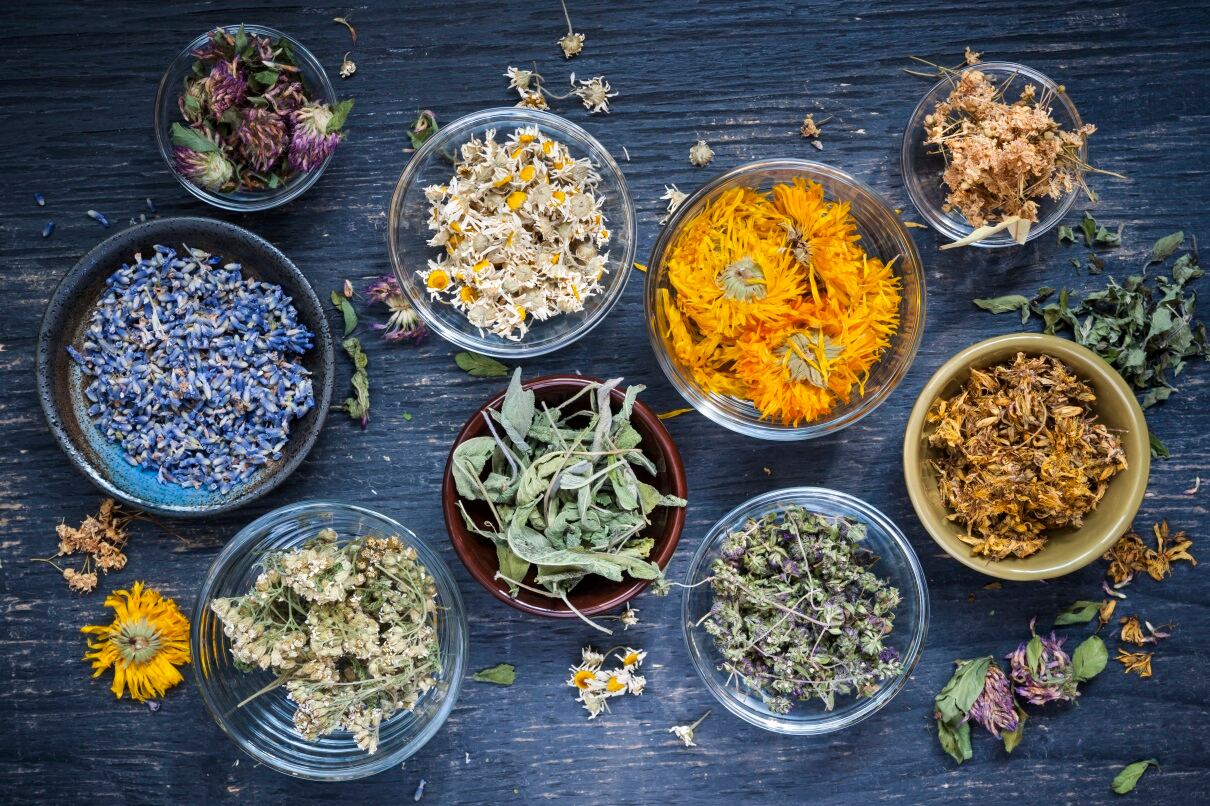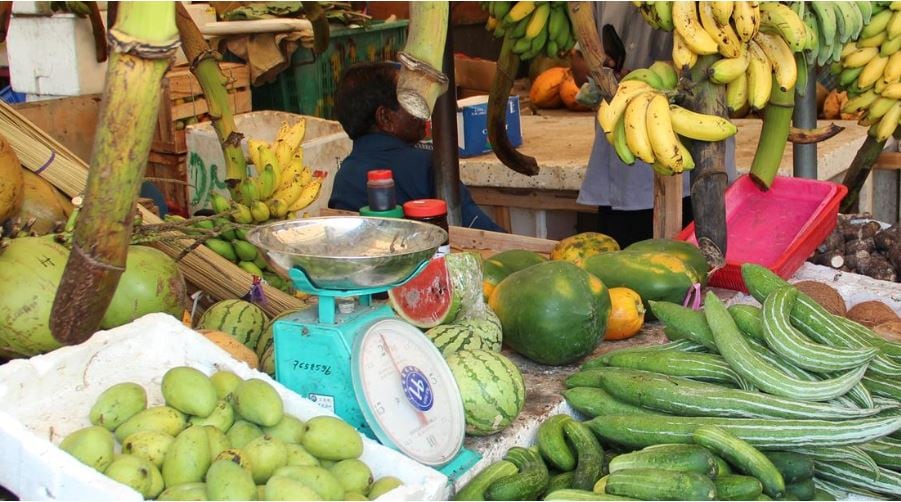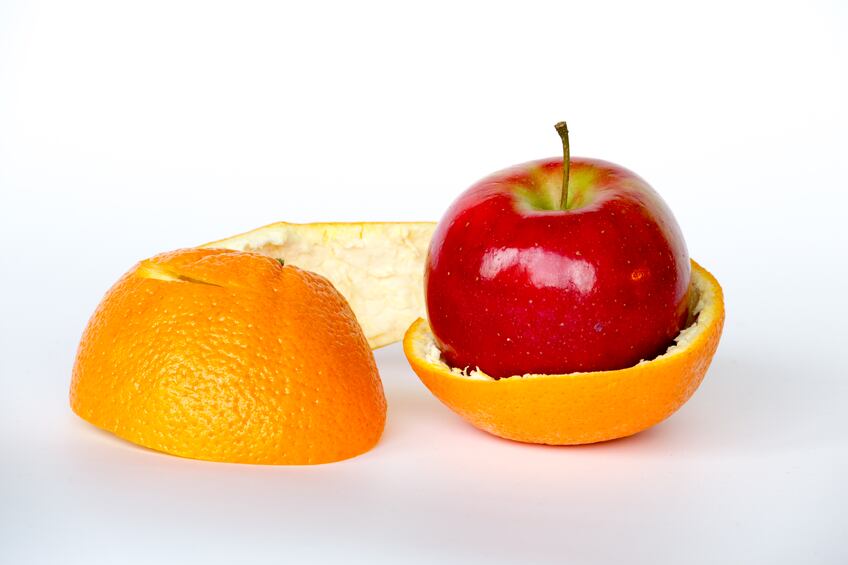The study, published in Frontiers in Pharmacology, analysed the authenticity of almost 6,000 herbal products sold across 37 countries using DNA testing. It concluded the content of a ‘substantial proportion’ – 27% - did not contain what was claimed on the label.
The researchers, led by Dr Mihael Cristin Ichim of the Romanian National Institute of Research and Development for Biological Sciences, stressed that the adulterated herbal products are distributed ‘across all continents and regions’. In Europe, the percentage of adulterated product stood at 47%, higher than North America at 33% and Asia at 23% but lower than Australia where 79% of products were found to be adulterated.
“Our results confirm the large-scale presence of adulterated herbal products throughout the global market. The adulterated herbal products contain undeclared contaminant, substitute, and filler species, or none of the labelled species, which all may be accidental or intentional, economically-motivated and fraudulent,” according to Dr Ichim.
He suggested that financial gain is likely to be a key motivator for the fraudulent sale of herbal products – and the higher value the product the bigger the temptation. “My educated guess is as the profit is higher, the adulteration/counterfeit temptation is also higher - and the higher the percentage of adulterated products on the market will be. And the scientific proof is starting to come already.”
'Severe' adverse effects
Dr Ichim told FoodNavigator that of the 5,957 herbal products tested all were ‘commercial products’. They were bought by the authors of the report at a range of outlets, including traditional markets, herbalist shops, health food stores and supermarkets. They spanned a variety of categories, from natural health products and dietary supplements to plant food supplements, botanics and food supplements.
“All the percentages refer exclusively to what consumers had to buy and use or consume,” he explained.
But this is about more than misleading the consumer. Mislabelling of herbal products and species substitution represents a real health threat, he continued.
"The herbal products contain more than one pharmacologically active ingredient and are often used in combination with conventional drugs. Adverse drug reactions due to herb–drug interactions can appear in patients taking concomitantly herbs and prescribed medications,” Dr Ichim noted.
“Several common herbal medicines interact with drugs, including St John’s wort, ginkgo, ginger, ginseng, green tea and garlic and are affecting the pharmacokinetic and pharmacodynamic properties of prescribed medications. On the other hand, the common drugs that interact with herbal medicines include warfarin, statins, midazolam, digoxin, amitriptyline, indinavir, cyclosporine, tacrolimus and irinotecan.”
Beyond concerns that consumers could inadvertently take a cocktail of active substances because they are not correctly labelled, the adulteration was also found to include other ‘harmful contaminants and residues’, the biological sciences expert continued.
“Besides adulterant species, the herbal products were reported to contain many other harmful contaminants and residues, such as dust, pollen, insects, rodents, parasites, microbes, fungi, molds, mycotoxins, pesticides, PCBs, toxic heavy metals, radioactivity, processing impurities, solvent residues, illegal or prescription drugs.”
Indeed, Dr Ichim continued, there have been numerous documented cases of negative health outcomes linked to adulterated herbal products. “The most severe adverse effects reported caused by the adulteration of herbal products were agranulocytosis, meningitis, multi-organ failure, perinatal stroke, arsenic, lead or mercury poisoning, malignancies or carcinomas, hepatic encephalopathy, hepatorenal syndrome, nephrotoxicity, rhabdomyolysis, metabolic acidosis, renal or liver failure, cerebral edema, coma, intracerebral hemorrhage, and death,” he warned.
‘A call for immediate action’
The herbal product supply chain is extremely complex and contains various moving parts, from consumers and retailers to processors, growers and traders. This means adulteration – and combating it – is a ‘very complex matter’, Dr Ichim suggested.
“In my humble opinion, this description of the current global situation should be useful for decision-makers to realise the considerable risks posed by adulterated [herbal products] to human health.
“The globalised herbal product value chains are not supported by a harmonised framework for the evaluation of their quality and authenticity and this [is a] call for immediate action."
Source
The DNA-Based Authentication of Commercial Herbal Products Reveals Their Globally Widespread Adulteration
Frontiers in Pharmacology
Published online ahead of print: 24 October 2019
DOI: https://doi.org/10.3389/fphar.2019.01227
Author: Mihael Cristin Ichim




